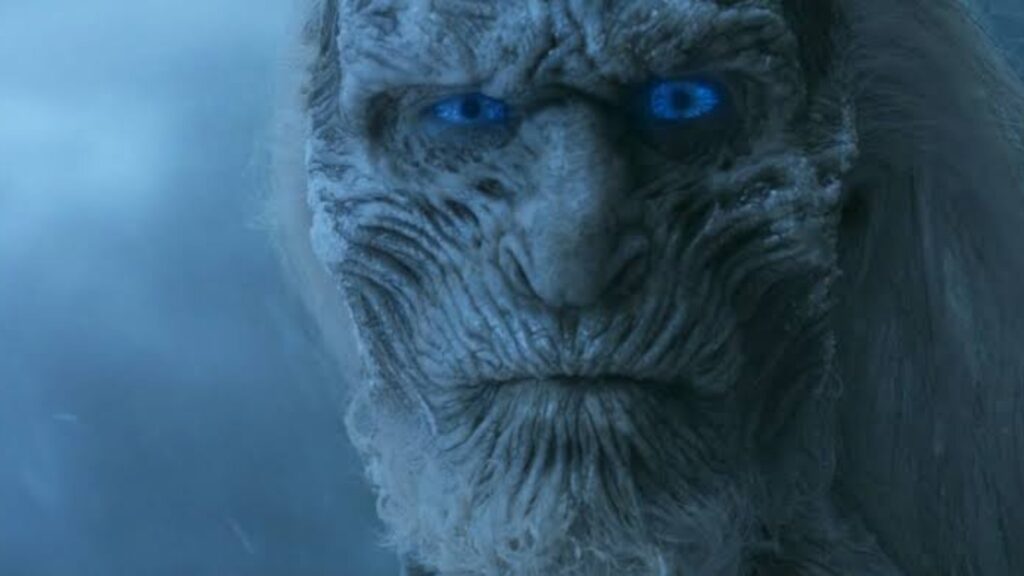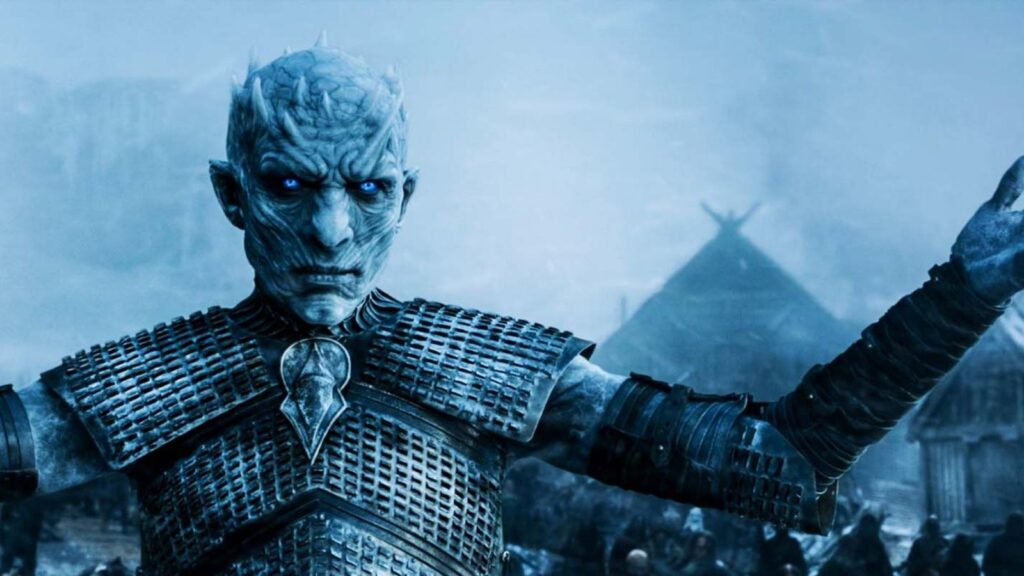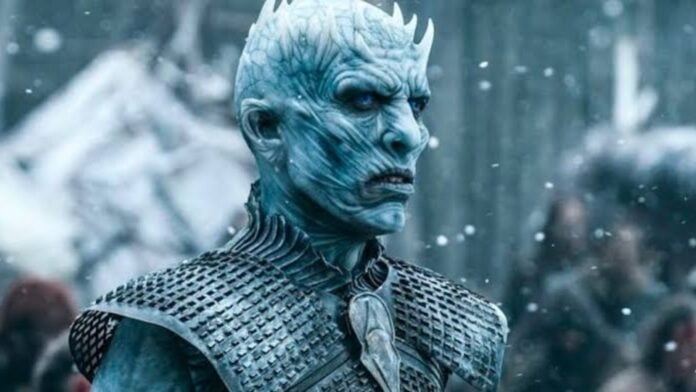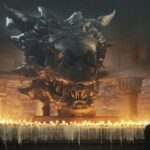The White Walkers, introduced as a mysterious and ominous threat in the opening scene of ‘Game of Thrones’, was central to the show’s intrigue. However, by the end of its eighth season, its storyline left many viewers disappointed.
This is partly because the showrunners deviated significantly from George R.R. Martin’s ‘A Song of Ice and Fire’ novels by creating the Night King. The character does not exist in the source material. While this decision initially added a focal point, it also limited their depth and took away from the terror present in the books.
The White Walkers In The Books Are Unknown Alien Like Creature With No Leader

In George R.R. Martin’s novels, the White Walkers are called ‘the Others’. They are an ethereal and enigmatic presence in the universe. They are described as beautiful yet terrifying beings, with voices that sound like cracking ice. Their motives are inscrutable, and they function less like traditional villains and more as an allegorical force.
They are more of an apocalyptic threat that humanity must face. This ambiguity is deliberate, serving as a stark counterpoint to the morally complex human conflicts that dominate the series. They don’t charge into battle or unleash destruction. Instead, their presence is enough to freeze the air and chill the blood of any living creature.
Related: ‘Game Of Thrones’: How Did Olenna Tyrell Orchestrate Joffrey Baratheon’s Death?
Contrast this with the show’s White Walkers, who are unmistakably designed to terrify and very much zombielike. They are skeletal with ice-blue eyes that glow. Their only motivation is to kill and turn. Moreover, the books do touch on a mythic figure called the Night’s King.
However, he is a legendary figure from Westerosi folklore, long dead and unconnected to the Others’ current activities. Martin himself clarified the difference. The show’s introduction of the Night King in Season 4 gave the White Walkers a clear leader. This is not at all the case in the books.
This approach might’ve been taken to create a traditional antagonist for Jon Snow and others to fight against. While this made for some spectacular visual moments (such as the Night King raising the dead) it came at a cost. It turned them from an unknowable force into a problem to be solved by killing their leader.
How The Night King Weakened The White Walkers’ Ending In ‘Game Of Thrones’

The creation of the Night King initially added dramatic weight to the White Walkers’ story. His ability to turn babies into White Walkers and his haunting stare-down with Jon Snow were some unforgettable moments. Yet, as the show progressed, the lack of depth in his character became boring.
With the Night King portrayed as the ultimate antagonist, viewers naturally expected to learn more about him and his goals. Instead, his story remained frustratingly vague. The Night King’s death in Season 8, Episode 3, at the hands of Arya Stark, marked the end of the White Walkers in the series.
In case you missed it: A ‘Game of Thrones’ Movie Is Coming To The Big Screen Under Warner Bros.
While Arya’s moment was undeniably thrilling, it felt very rushed and simple given the years of buildup surrounding the White Walkers. The Long Night, which viewers expected to be an apocalyptic confrontation, lasted just one episode. Additionally, questions about the Night King’s connection to Bran Stark, his origins as a creation of the Children of the Forest, and his ultimate goals were left unanswered.
All in all, the Night King’s existence ended up simplifying the White Walkers. In the books, their unknowable nature makes them terrifying. Giving them a face and turning their defeat into a matter of slaying a single enemy made the climax very disappointing.





